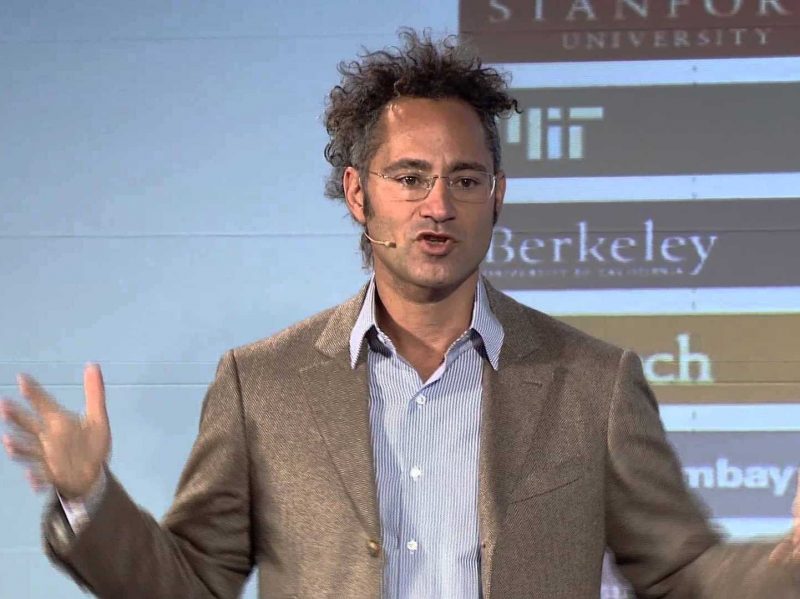- A security expert hired by JPMorgan used software by Palantir to conduct an extensive spying program on the bank’s staffers and executives, according to a Bloomberg report.
- Palantir has raised billions in funding from investors in the private markets, but the company has a reputation for secrecy.
- The JPMorgan incident highlights a disturbing aspect of big data technology misuse, but it also sheds light on a major challenge facing Palantir.
JPMorgan was once the marquee corporate customer for Palantir, a data-crunching software tool originally created to hunt terrorists and founded by Silicon Valley’s controversial venture capitalist Peter Thiel.
But several years ago, in the hands of a former Secret Service agent JPMorgan hired as a computer security professional, Palantir became a way to spy on bank employees and executives. The security pro’s job was to protect the bank from employees intent on doing harm, according to a new, eye popping report on what Palantir does and who runs it by Bloomberg’s Peter Waldman, Lizette Chapman, and Jordan Robertson.
Back in 2009, this security pro gathered up employee emails, browser histories, GPS locations from corporate smartphones as well as transcripts of recorded phone conversations and other data on employees and dumped it into Palantir, according to the Bloomberg report.
The mission was to discover potential insider threats by looking for signs that an employee was about to go bad. Many financial institutions have similar programs.
Employees planted fake info

Using Palantir, the JPMorgan team looked for signs of disgruntled employees, even something as simple as clocking in later than usual. The security team would then investigate the employee, possibly even physically watching the person after hours, Bloomberg reported
As the spying program grew so did the security expert's power inside the bank. Employees began to joke that he was always watching. Some even planted fake info in their communications to see if this security pro would fall for it and mention it in meetings, which he allegedly did, according to the report.
Things came to a head in 2013, when JPMorgan executives found out he was using Palantir software to monitor them as well, and he was forced to resign. He went to work for the former co-chief operating officer, Frank Bisignano, who had resigned to become CEO of First Data Corp, according to this report as well as LinkedIn records.
Bisignano was reportedly the executive sponsor of this Palantir project at JPMorgan and the security pro allegedly curried favor by alerting Bisignano when his name came up in an investigation.
As bizarre as this story of employee spying at JPMorgan is, there's a caveat. Palantir has historically been so hard to use, it requires hiring engineers specially trained to operate it, often from Palantir. Bloomberg reports that this program involved as many as 120 Palantir engineers, costing the bank as much as $3,000 a day.
So other corporations have not been flocking to Palantir to start spying on their own employees, or even to use it analyze big data for other business reasons.
Some companies, such as Coca-Cola, Nasdaq, American Express, and Home Depot, have all tried and dropped Palantir. Other companies like Airbus SE and Merck KGaA have been using Palantir for supply chain projects, not employee security programs.
Palantir, which has raised $2.75 billion from investors and never turned a profit, is trying to automate its technology so that it doesn't require consultants and can be an easier sell to corporate customers.
JPMorgan declined comment. Palantir, First Data and the security professional did not immediately respond to a request for comment.

